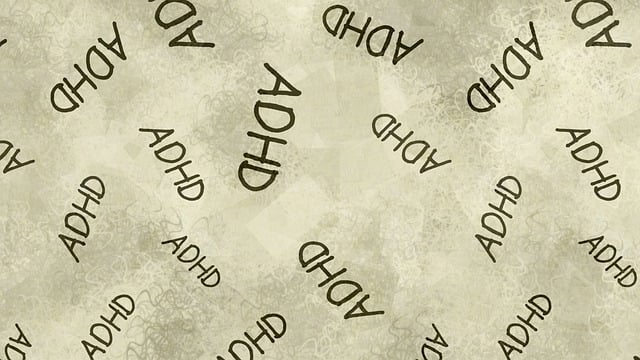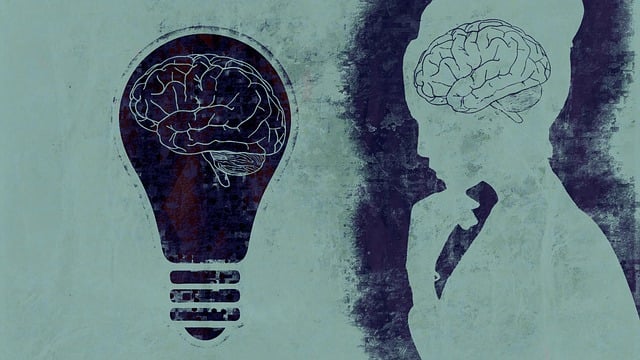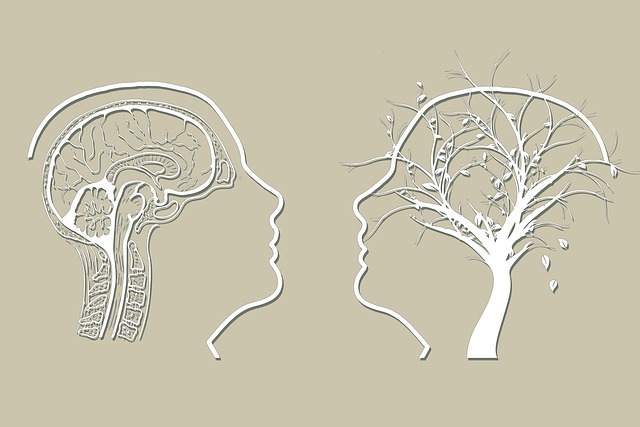Mindfulness meditation emerges as a powerful tool for managing neurological disorders, including Englewood Functional Neurological Disorder (EFND) Therapy. By focusing on the present moment without judgment, it cultivates understanding of thoughts and feelings, reduces stress, anxiety, and depression—common comorbidities with neurological conditions. Regular mindfulness enhances emotional healing processes, improves brain communication strategies, and slows disease progression. Cultural sensitivity in mental healthcare emphasizes its incorporation for tailored support. Creating a dedicated home meditation space and establishing a daily routine are crucial steps. Despite challenges like constant thoughts and distractions, regular practice improves focus and mental clarity. Integrating mindfulness into daily life enhances well-being, prevents conditions like depression and burnout, and fosters resilience among mental health professionals treating EFND clients.
“Discover the transformative power of mindfulness meditation with our comprehensive guide. From understanding its profound benefits for managing neurological disorders like Englewood Functional Neurological Disorder Therapy, to practical tips on setting up a home practice, we’ve got you covered. Learn how to overcome common challenges and integrate mindfulness into your daily routine for sustained wellness. Elevate your mental health journey with these expert strategies.”
- Understanding Mindfulness and Its Benefits for Neurological Disorders
- Setting Up a Mindfulness Meditation Practice at Home
- Common Challenges and How to Overcome Them
- Integrating Mindfulness into Daily Life: Strategies for Sustained Practice
Understanding Mindfulness and Its Benefits for Neurological Disorders

Mindfulness meditation has gained significant attention for its potential to benefit various aspects of mental and physical health. At centers like Englewood Functional Neurological Disorder Therapy, experts emphasize how mindfulness can be a powerful tool in managing neurological disorders. This ancient practice involves focusing one’s awareness on the present moment, non-judgmentally, thereby cultivating a deeper understanding of one’s thoughts, feelings, and bodily sensations.
Regular mindfulness meditation has been shown to reduce symptoms of stress, anxiety, and depression, all of which are often co-morbid with neurological conditions. It promotes emotional healing processes and enhances the ability to regulate emotions, crucial for navigating the challenges posed by disorders like Englewood Functional Neurological Disorder. Furthermore, mindfulness can improve communication strategies within the brain, fostering better cognitive function and potentially slowing down the progression of certain neurological diseases. Cultural sensitivity in mental healthcare practice also recognizes the importance of incorporating mindfulness, ensuring that diverse populations receive tailored support through these ancient yet modern healing techniques.
Setting Up a Mindfulness Meditation Practice at Home

Creating a dedicated space for mindfulness meditation at home is the first step toward cultivating a consistent practice. Start by choosing a quiet area, free from distractions and clutter. Transform this space into your personal sanctuary by incorporating elements that promote relaxation and focus. Consider adding soft lighting, comfortable seating or a mat, and perhaps some calming decorations like plants or uplifting artwork.
Englewood Functional Neurological Disorder Therapy (EFNDT) emphasizes the importance of establishing a routine for optimal results. Set aside a specific time each day, preferably in the morning, to begin your practice. Consistency is key; even short daily sessions can lead to remarkable improvements in mental clarity and overall well-being. Remember, building resilience starts with taking small, consistent steps towards anxiety relief, and EFNDT’s community outreach program implementation highlights the power of at-home practices in fostering collective mental health.
Common Challenges and How to Overcome Them

Many individuals looking to incorporate mindfulness meditation into their lives face common challenges that can deter them from maintaining a consistent practice. One of the primary hurdles is managing the constant stream of thoughts and distractions, which is especially tricky for those dealing with conditions like Englewood Functional Neurological Disorder (EFND). However, it’s crucial to remember that mindfulness isn’t about silencing thoughts but rather observing them without judgment. Through regular practice, one can develop a stronger capacity for focus and mental clarity.
Overcoming these challenges requires patience, persistence, and a willingness to explore various techniques. For instance, when faced with intrusive thoughts or stress, return your attention gently to your breath—a simple yet powerful technique in EFND therapy that fosters stress management. Embracing the inner strength development that comes from mindfulness can help navigate life’s challenges. By applying mind over matter principles, individuals can cultivate a deeper connection with their thoughts and emotions, leading to enhanced mental resilience and overall well-being.
Integrating Mindfulness into Daily Life: Strategies for Sustained Practice

Integrating mindfulness into daily life is a powerful step towards enhancing mental well-being and preventing conditions like depression and burnout, which are significant concerns for many, including those with Englewood Functional Neurological Disorder Therapy needs. It’s not just about setting aside time for formal meditation; it’s about cultivating awareness throughout the day. Strategies for sustained practice include simple mindfulness exercises that can be incorporated into routine activities. For instance, while commuting or eating, pay close attention to sensory experiences: observe colors, sounds, and textures, engage all senses fully in the present moment. This mindful engagement can help reduce stress, improve focus, and foster a deeper connection with one’s thoughts and feelings.
In the context of mental health professionals conducting risk assessments, mindfulness practice plays a crucial role in personal resilience. It enables professionals to manage their own stress levels, maintain emotional balance, and avoid burnout. By integrating mindfulness into their daily routines, they can better support clients navigating challenges like Functional Neurological Disorders, promoting healing and fostering healthier lifestyles. This holistic approach to mental health not only benefits individuals but also contributes to a more sustainable and effective practice for professionals.
Mindfulness meditation, as explored in this article through topics like understanding its benefits for neurological disorders and integrating it into daily life, offers a powerful tool for enhancing well-being. By establishing a home practice and overcoming common challenges, individuals can harness the potential of mindfulness to improve focus, reduce stress, and cultivate a greater sense of calm. As seen in Englewood Functional Neurological Disorder Therapy, this ancient practice has modern applications, helping individuals navigate their conditions with increased resilience and quality of life. With consistent effort, mindfulness meditation can become an integral part of your routine, fostering both mental clarity and emotional balance.











